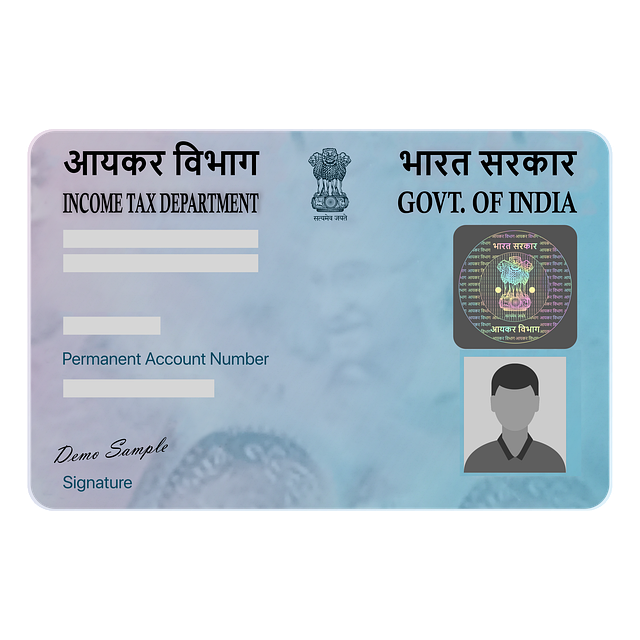Legal custody mediation is a collaborative, non-confrontational approach to resolving child custody disputes after divorce or separation. Trained mediators guide parents through individual and joint sessions to establish open communication, create mutually beneficial agreements, and prioritize their children's best interests. This process offers advantages over traditional litigation, reducing emotional strain, encouraging cooperation, and fostering healthier co-parenting relationships. The outcome is a tailored co-parenting plan, supported by coaches, that considers the child's needs and promotes their well-being.
“Navigating child custody can be emotionally charged and complex, but Legal Custody Mediation offers a constructive path. This safe space facilitates cooperative decision-making between parents, guiding them in crafting tailored parenting schedules and legal agreements. Unlike adversarial court proceedings, mediation fosters understanding and communication, leading to long-term co-parenting solutions. By choosing this approach, families can maintain a child’s well-being and stability while promoting positive relationships between parents.”
- Understanding Legal Custody Mediation: A Safe Space for Parents
- How Mediation Differs from Traditional Legal Proceedings
- The Benefits of Choosing Mediation for Child Custody Matters
- Who Can Act as a Mediator and What Skills Do They Need?
- The Mediation Process: Step-by-Step Guide for Parents
- Post-Mediation: Creating a Co-Parenting Plan and Maintaining Communication
Understanding Legal Custody Mediation: A Safe Space for Parents

Legal custody mediation provides a structured yet emotionally safe space for parents to navigate their co-parenting journey. It’s more than just a neutral setting; it fosters an environment conducive to open communication and collaborative problem-solving. This process encourages parents, often still adjusting to divorce or separation, to create mutually agreeable solutions regarding child custody and visitation schedules.
With the guidance of a trained mediator, who remains impartial throughout, parents can build confidence in their ability to co-parent effectively. This approach not only helps them establish legal custody agreements but also prepares them for ongoing mediation as they adapt to life with shared parenting responsibilities. Emotionally safe separation, facilitated by divorce confidence coaching and mediation preparation, allows families to find common ground, ensuring the best interests of the children are always at the forefront.
How Mediation Differs from Traditional Legal Proceedings

Mediation offers a vastly different approach compared to traditional legal proceedings when it comes to resolving child custody disputes. Instead of a confrontational courtroom setting, mediation provides a collaborative and consensual environment for parents to navigate their co-parenting journey. This process empowers parents to make decisions together, fostering a sense of shared responsibility and respect for one another.
Unlike the adversarial nature of court cases, where each parent fights for sole custody or primary guardianship, mediation focuses on finding mutually agreeable solutions. Trained mediators facilitate open communication, helping parents explore various options, including flexible visiting schedules, joint legal custody, and long-term co-parenting strategies. This alternative method not only reduces the emotional strain on families but also encourages a more cooperative atmosphere, ensuring that the children’s best interests are at the heart of every decision made during separation support services or divorce confidence coaching.
The Benefits of Choosing Mediation for Child Custody Matters

Choosing legal custody mediation for child custody matters offers numerous advantages for parents navigating this challenging process. Unlike traditional litigation, which can be lengthy, costly, and emotionally draining, mediation provides a collaborative and cooperative approach to resolving disputes. This means both parents actively participate in creating solutions tailored to their unique family dynamics, ensuring outcomes that prioritize the best interests of their children.
A mediation preparation coach can help parents effectively communicate, manage emotions, and clarify their goals. This support is invaluable during what can be a turbulent time, promoting healthier interactions and fostering an environment conducive to productive negotiations. Furthermore, separation support services can assist in transitioning to new living arrangements, easing the strain on both children and parents. By leveraging these resources, families can focus on building positive co-parenting relationships, even after a breakup.
Who Can Act as a Mediator and What Skills Do They Need?

Child custody mediation services are facilitated by trained professionals who act as neutral third parties. These mediators can be lawyers, social workers, or specialized family therapists. The ideal mediator possesses excellent communication skills, a deep understanding of family dynamics, and strong conflict resolution abilities. They should be adept at listening actively, asking insightful questions, and guiding parents towards mutually agreeable solutions without taking sides.
A successful mediator also offers mediation preparation coaching, helping parents navigate the emotional and logistical challenges that come with divorce or breakup. This support boosts their confidence in the mediation process and enables them to make informed decisions about legal custody agreements. By fostering open dialogue and promoting collaborative problem-solving, mediators can help co-parents establish long-term co-parenting solutions that prioritize the best interests of their children.
The Mediation Process: Step-by-Step Guide for Parents

The mediation process for child custody is a collaborative approach designed to help parents reach agreements outside of court. It begins with an initial consultation where a trained mediator meets with each parent separately to understand their perspective, desires, and concerns regarding custody arrangements. This step is crucial for setting clear goals and expectations throughout the process.
Next, both parents participate in joint sessions guided by the mediator. Here, they openly discuss their views, explore options, and consider various solutions. The mediator facilitates productive conversations, ensuring each parent feels heard while encouraging cooperation. Through this interactive process, parents gain insights into creating a parenting schedule that suits their child’s needs and their own post-separation lives. Mediation preparation coaches can also offer support during this phase, providing guidance on communication strategies to enhance the overall mediation experience.
Post-Mediation: Creating a Co-Parenting Plan and Maintaining Communication

After successful legal custody mediation, parents are equipped with a co-parenting plan that outlines arrangements for their children’s care. This involves creating a schedule that balances time spent with each parent, considering the child’s needs and well-being as the top priorities. A key aspect of post-mediation is establishing open lines of communication between both parties to ensure the plan’s successful implementation. Regular, respectful conversations facilitate any necessary adjustments and promote a stable environment for the children.
Additionally, seeking support from a breakup coaching professional or mediation preparation coach can help parents navigate emotional challenges and maintain an emotionally safe separation, further strengthening their co-parenting partnership. These resources provide tools to manage stress, foster positive interactions, and ensure the plan’s longevity, ultimately benefiting the entire family.
